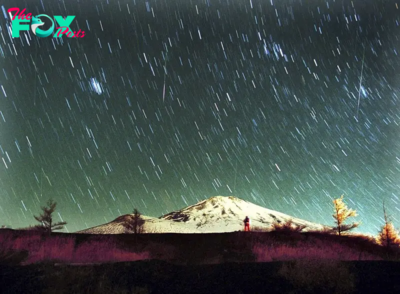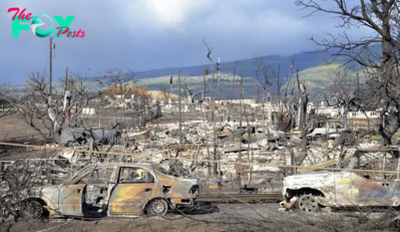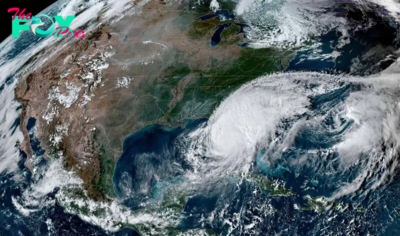Science
Giant wildfires can create their own weather. Here's how.
Wildfire blowups, fire whirls, towering thunderstorms: When fires get large and hot enough, they can actually create their own weather.
In these extreme fire situations, firefighters' ordinary methods to directly control the fire don't work, and wildfires burn out of control. Firefighters have seen many of these risks in the enormous Park Fire burning near Chico, California, and other wildfires in summer 2024.
But how can a fire create weather?
I'm an atmospheric scientist who uses data collected by satellites in weather prediction models to better anticipate extreme fire weather phenomena. Satellite data shows fire-produced thunderstorms are much more common than anyone realized just a few years ago. Here's what's happening.
The wildfire and weather connections
Imagine a wildland landscape with dry grasses, brush and trees. A spark lands, perhaps from lightning or a tree branch hitting a power line. If the weather is hot, dry and windy, that spark could quickly ignite a wildfire.
When vegetation burns, large amounts of heat are released. This heats the air near the ground, and that air rises like a hot air balloon because hot air is less dense than cool air. Cooler air then rushes in to fill the void left by rising air.
This is how wildfires create their own wind patterns.
-

 Science4d ago
Science4d agoInside Capitol Hill’s Latest UFO Hearings
-

 Science4d ago
Science4d agoYou Won’t Want to Miss the Leonid Meteor Shower. Here’s How and When You Can See It
-

 Science5d ago
Science5d agoHere’s What Trump’s Win Means for NASA
-

 Science1w ago
Science1w agoWhy Risky Wildfire Zones Have Been Increasing Around the World
-

 Science1w ago
Science1w agoIt’s Time to Redefine What a Megafire Is in the Climate Change Era
-

 Science1w ago
Science1w ago4 Astronauts Return to Earth After Being Delayed by Boeing’s Capsule Trouble and Hurricane Milton
-

 Science1w ago
Science1w agoThe Elegance and Awkwardness of NASA’s New Moon Suit, Designed by Axiom and Prada
-

 Science2w ago
Science2w agoSpaceX Launches Its Mega Starship Rocket. This Time, Mechanical Arms Catch It at Landing



























